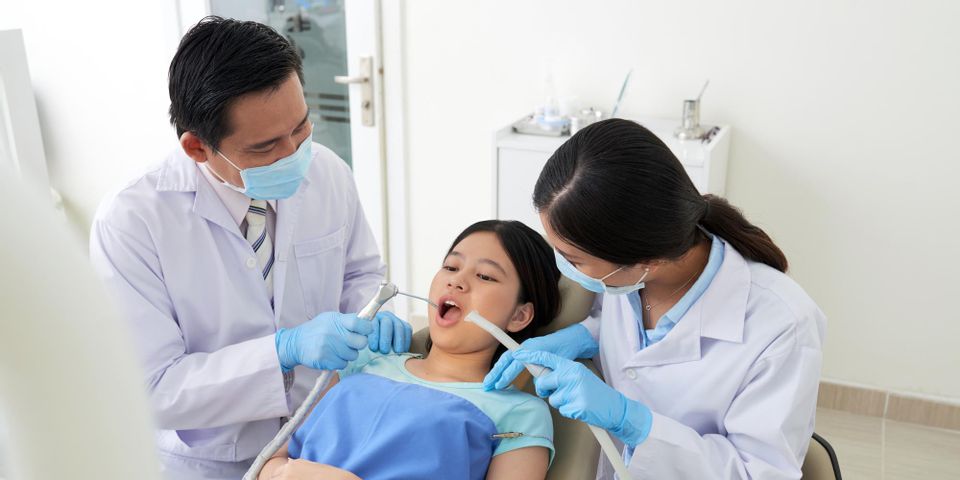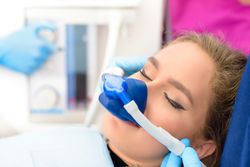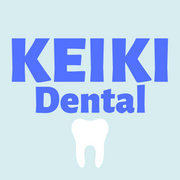
It’s natural for children to be anxious at the dentist’s office. During procedures, it’s common to sedate them to ease their anxiety lightly. There are three forms of dental sedation available to children, depending on their needs. For an explanation of their differences, consult the list below before discussing your options with your child’s dentist.
Why Dental Sedation Might Be Helpful for Your Child
Inhalation
Inhalation sedation is a gas that’s breathed in. However, unlike general anesthesia, it doesn’t result in unconsciousness. Your child’s anxiety will be relieved, and they will feel some drowsiness, but they won’t fall asleep. They will even be able to tell you how they’re feeling. Inhalation dental sedation only takes a few minutes to become effective. Each dosage is different, but the effects will wear off shortly after the procedure has ended. Inhalation sedation will not work if the patient's currently suffering from nasal congestion.
Intranasal

Intranasal is similar to inhalation sedation, which is also breathed through the nose. Doctors will commonly use midazolam, ketamine, or sufentanil. Midazolam successfully treats children’s anxiety and comes into effect within 15 minutes. However, ketamine’s can be felt within five minutes and is recommended for longer procedures. While patients remain conscious with intranasal sedation, it can also be used as a premedication for safe unconscious sedation when it’s necessary for the procedure.
Oral
Before being prescribed this form of dental sedation, a dentist will check your child’s blood pressure, and explore their medical history to ensure they’re a proper candidate. Patients are prescribed common benzodiazepine pills (like Valium or Xanax). One pill will be taken the night before the procedure, and the other will be taken an hour before the procedure. Depending on the type of benzo used, the patient will either have a drowsy feeling that affects short-term memory of the procedure or feel a great relief of anxiety. Neither medication will result in unconsciousness. However, 25% of patients don’t respond to the standard dosage.
Choosing the right sedation method can help put your child at ease. At Keiki Dental, your child’s safety and comfort is their primary concern. Specializing in pediatric dental care from infants up to 15-year-olds, Dr. Do Yongsok DMD and his staff provide a friendly environment for the children of Ewa Beach, Hawaii. Their waiting room is stocked toys, books, and a television to keep them relaxed. For a complete list of their offerings, including all forms of dental sedation, and hospital dentistry services, visit Keiki Dental’s website. To set up an appointment, call (808) 680-9411.
About the Business
Have a question? Ask the experts!
Send your question

